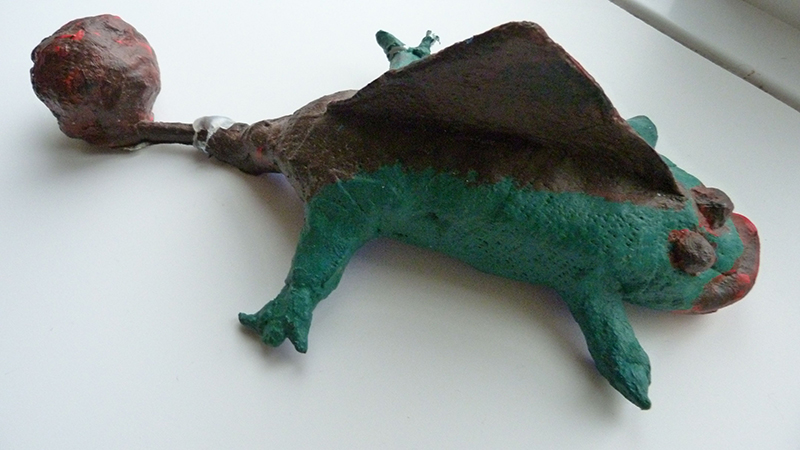Pages and Posts

Now that we’ve all become publishers, we may think about such abstruse things as the difference between a post and a page. Maybe a post is a bit of news; a page is more like a node in a network that’s trying to “catch” and hold a thought, one that ideally might last longer than news. Posts appear in chronological order, so they imply linear time. A page of a book does too, in a given context (and it’s books that do or don’t have “currency”). But in the age of the web, pages have lost their binding: they seem potentially interchangeable, without a specific temporal location. Posts would seem to be material to turn into pages: writers sift and recombine the stuff of specific experiences, passing insights, into books with ordered pages and broader implications; but on my website, I habitually write in the opposite direction. I keep wanting to write new pages, and draw posts from them, in a word, backwards.


